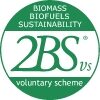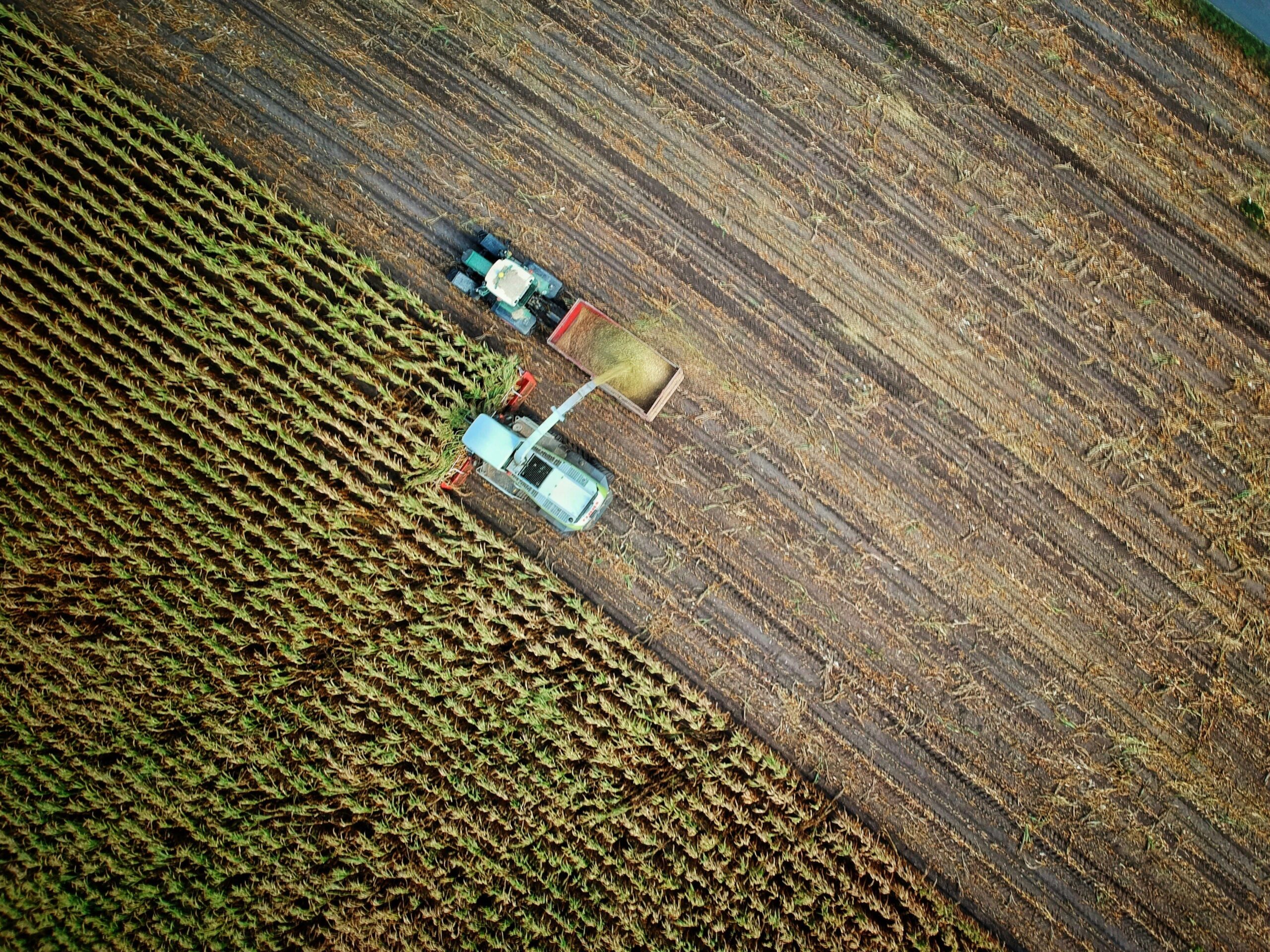2BS is engaged in rigorous sustainable practices.
Lately, suspected cases of Advanced Biodiesel mislabeling from another Voluntary Scheme have been identified, impacting the market as a whole. 2BS has put in place precautionary measures following this issue.
2BS is not present in the Asian countries currently under investigation regarding suspected cases of Advanced Biodiesel mislabeling. No agricultural raw material certified by 2BS is included in the suspected cases.
Know more about 2BS commitments and the actions established concerning these suspected cases.
2BS commitments to rigorous sustainable practices
2BS is a non-profit association created in 2011 by leading associations from the agricultural and fuel industries. Our mission is to develop sustainability certifications to value virtuous agricultural practices. We operate in over 20 countries in Europe and the Americas.
2BS proposes the 2BSvs Voluntary Scheme, recognized by the European Commission under the Renewable Energy Directive (RED II). Our certification guidelines are rooted in rigorous sustainable practices. Therefore, the association only certifies feedstocks that are identified as long-term sustainable materials. 2BSvs is established in the upstream certification of the supply chain: 99.9% of the raw materials certified by 2BS are agricultural raw materials.
Latest suspected cases of Advanced Biodiesel mislabeling from other Voluntary Schemes
It has come to our attention that the market has brought up suspected cases in the labeling of advanced biofuels produced from waste and residues, certified by another Voluntary Scheme. These waste and residues would concern acid oils from soap stocks and palm oil mill effluent (Pome). These fuels would be imported from Asian countries.
Advanced biofuels are highly valued in Germany, where they are allowed to count twice regarding the country’s greenhouse gas (GHG) reduction target for transport fuels*. Today, the suspected cases come from advanced biodiesel imported from China and produced from waste and residue materials that would be partly supplied from Indonesia and Malaysia. This information comes from a newsletter of the Voluntary Scheme concerned with these suspected cases. To date, the Voluntary Scheme has not shared any further information on this case with 2BS.
2BS has always favored the traceability of agricultural raw materials involving all actors in the production chain of the agricultural and agro-industrial world. Our strategic and sustainable choices allow us to affirm that no raw material certified by 2BS is covered in the suspected cases. 2BS has no certification activity in the countries concerned: Indonesia, China or Malaysia.
Precautionary measures put in place by 2BS to support the market.
The suspected cases coming from the concerned Voluntary Scheme impact the market. Therefore, 2BS has put in place precautionary measures to support the market and our customers that could be impacted by these suspected cases of mislabeling:
2BS, together with other Voluntary Schemes, has written a letter to the concerned Voluntary Scheme to request full transparency on the actors and volumes involved, based on the information obligations between actors included in the RED II Directive.
2BS has contacted the European Commission to identify the possible mechanism of mislabeling and the economic operators involved, to establish the responsibilities of the actors and the system, and finally, to confirm our willingness to help in this problematic context.
2BS is contacting our customers and the Certification Bodies that may be impacted whilst accepting raw material certified by the other voluntary scheme. 2BS has requested to identify the possible impacts on the customer’s production and an action plan to remediate further problems.
Once additional information will be disclosed by the concerned Voluntary Scheme, 2BS will be able to plan reinforced integrity audits based on risk analysis to reassure our customers and the market, in response to this new context.
2BS is committed to supporting our customers in this context. We will continue to work towards rigorous sustainable practices in the fuel market.
2BS has not received, to date, more information from the concerned Voluntary Scheme or the European Commission.
* The possibility to count twice regarding the country’s GHG reduction target for transport fuels is available once a baseline target of 0.3pc by energy content is met.

